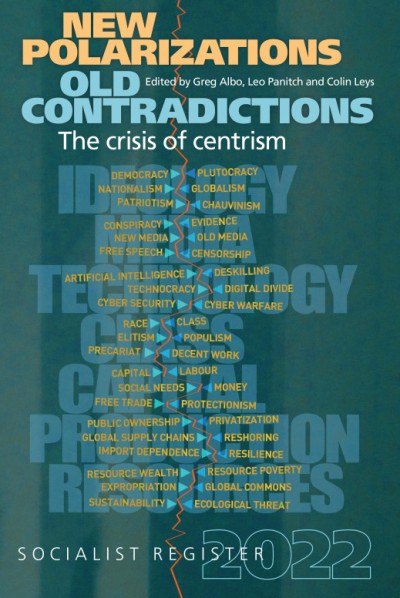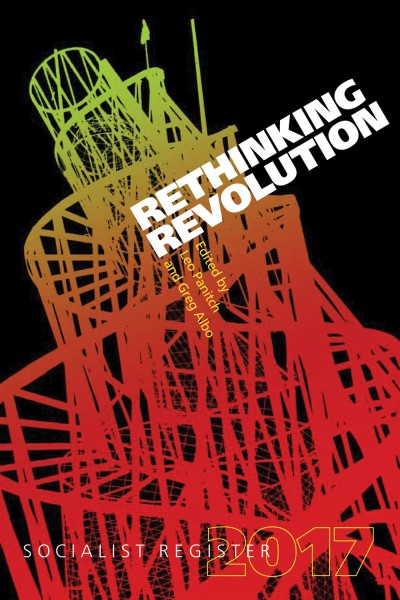
The Socialist Register 2007
Coming toTerms with Nature
Can capitalism come to terms with the environment? Can market forces and technology overcome the ‘limits to growth’ and yet preserve the biosphere? What is the nature of oil politics today? Can capitalism do without nuclear power, or make it safe? What is the significance of the impasse over the Kyoto protocol?
About the book
Can capitalism come to terms with the environment? Can market forces and technology overcome the ‘limits to growth’ and yet preserve the biosphere? What is the nature of oil politics today? Can capitalism do without nuclear power, or make it safe? What is the significance of the impasse over the Kyoto protocol?
How far has socialist thought developed to help us understand the environmental dilemma? Has it even begun to provide answers to it? Does socialist internationalism imply accelerated growth in the South? If so, what are the possibilities for redefining standards of living for more limited consumption in the North?
How can class and environmental politics be brought together? What are the shortcomings Green parties and “green commerce”? What are viable Eco-Socialist strategies, and how can they marry democracy with the planning needed to come to terms with nature?
Contents
- Crisis and Nature
- The Ecological Contradictions of Capitalism
- Accumulation and Nature
- Historical Materialism and Climate History
- Oil Politics and Consumption
- The Market Driven Politics of Renewable Energy
- Feeding the World: Development and Ecology
- Petty Commodity Production and the Environment
- Ecological Implications of China’s Development
- The Environmental Crisis in Latin America
- Weather Report: Excerpts from a Film Journey
- Garbage Capitalism and ‘Green Commerce’
- A World of ‘Shortages’?
- A Critical Analysis of Kyoto Protocol
- Social Metabolism and Ecological Conflicts
- Class and Consumerism
- Working Class Movements and Environmentalism
- What Happened to the European Green Parties?
- Community Eco-Socialist Development Strategies
- Eco-Socialism, Planning and Democracy













